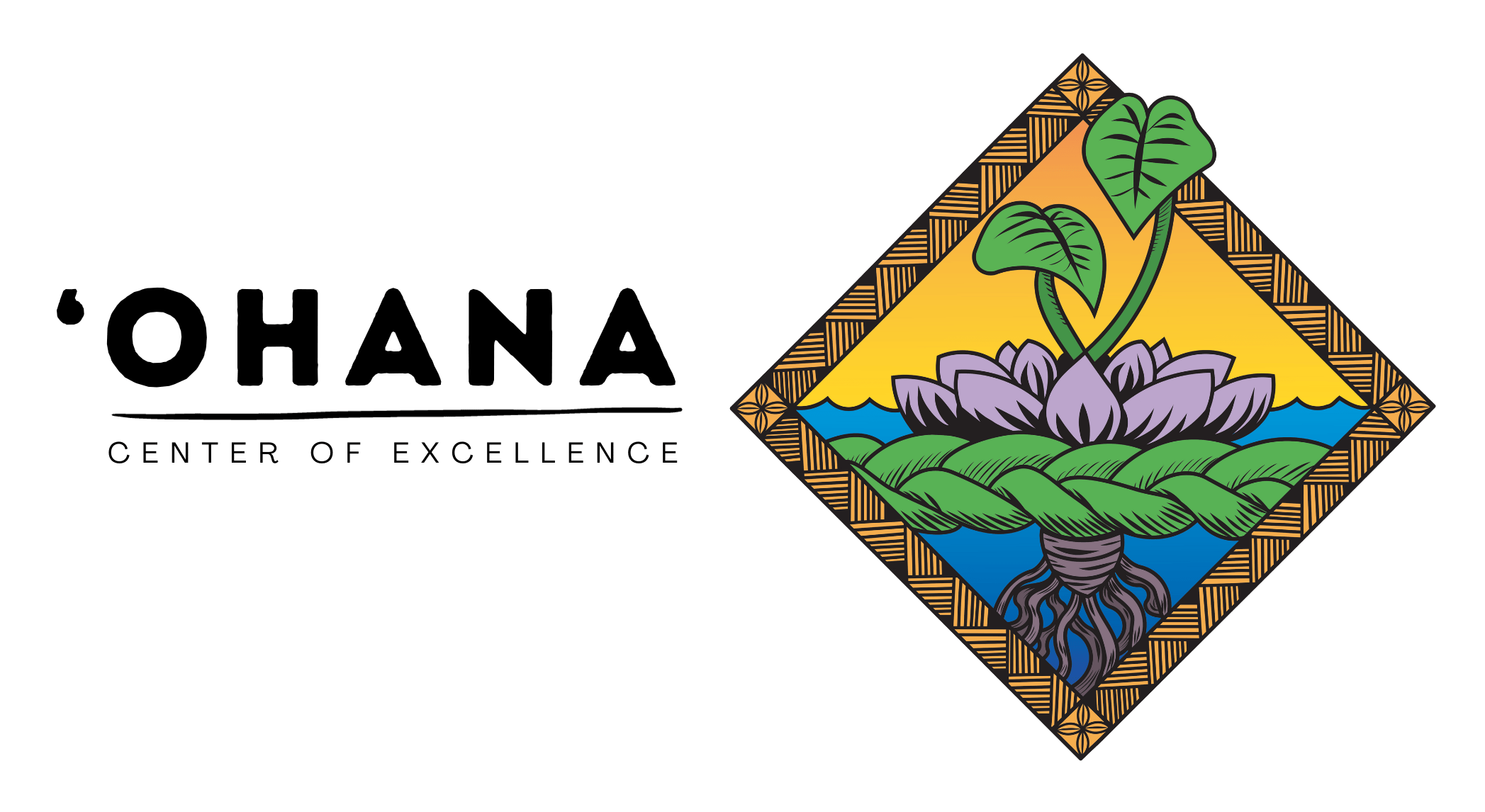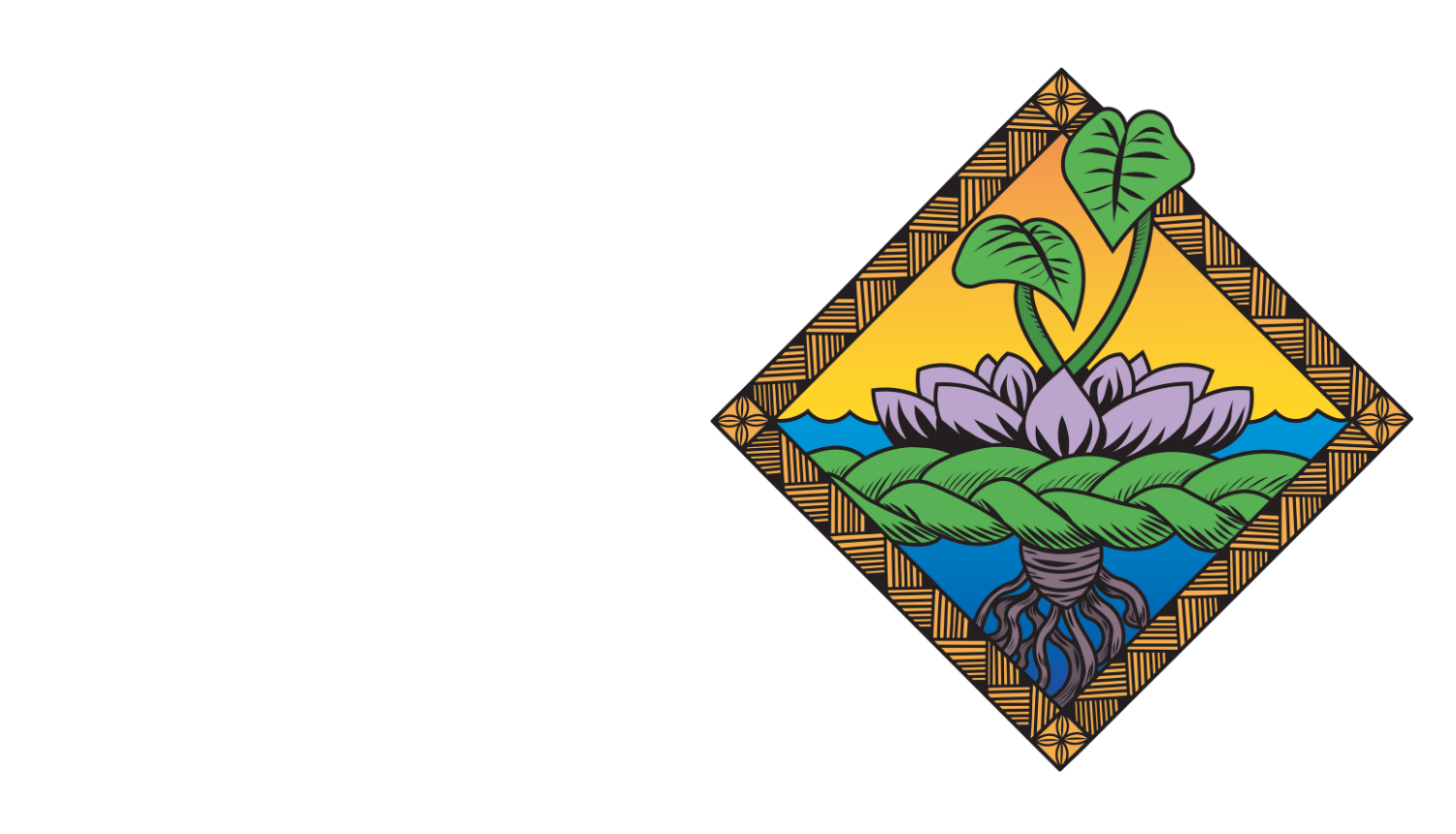
Dr. Kathleen Wong(Lau)
Project Facilitator, AANHPI ‘Ohana Center of Excellence, University Diversity Officer at California State University East Bay.
By Kathleen Wong(Lau)
Circular ones with the pointy crescent ends connected, crescent shaped ones with box pleats on one side, and crescents with braided edges. We made 180 Chinese style dumplings one evening after a full 8-hour day of our working retreat, our many pairs of hands sharing different finishing techniques learned from ancestors. We ate some and froze some to take home when we departed three days later.
Our AANHPI ‘Ohana Center of Excellence on Behavioral Health team gathered for our second annual working retreat bringing together team members from Hawaiʻi State Department of Health, Papa Ola Lōkahi, California State University East Bay, San José State University, and Wahine Media for three solid days of work.
The main goals of our retreat were to reflect on our work our first year, strategize on Year 2 implementation on CoE initiatives, deepen our relationships for collaborative work; and engage in a culturally immersive experience that enhances a holistic understanding of our ethnic communities. The most important goal is to decolonize our work with each other so that we can consistently center the behavioral health needs of Native Hawaiian and Pacific Islanders along with Asian Americans.
Last year our site was on the Island of Hawaiʻi, where we retreated at a culturally reclaimed historic site of a former boarding school for Native Hawaiian girls. This year our retreat site was in the Continental U.S. in Watsonville, California at Pajaro Dunes on the shores of Monterey Bay. Watsonville has a deep historic meaning that we honored as the ceded territory of the Amah Mutsun band of the Ohlone people, and the site of the 1930 Watsonville riots, a violent hate response to the presence and labor of Filipino farm workers in the early 1900s. See the video below for a video land acknowledgment of this region. With the spirit of ‘Ohana, our team discussed and honored these histories as we began our work just as we did in Hawaiʻi last year.
Over the three days we grappled with implementation plans for multiple projects, pushed each other towards understanding, and challenged each other (because that is what healthy families do). We also cooked with each other, walked on the beaches of Monterey Bay in the early mornings, and talked about our hopes and dreams for our CoE and for our communities. We truly became ‘Ohana.
I share all of this because I think it is important for us as a team to model the humanity, cultural humility, and trust-building necessary to engage fully on creating systemic equity and access for improving mental health and substance use treatment for our incredibly diverse AANHPI communities across the U.S. and Pacific Islands affiliated with the U.S.









